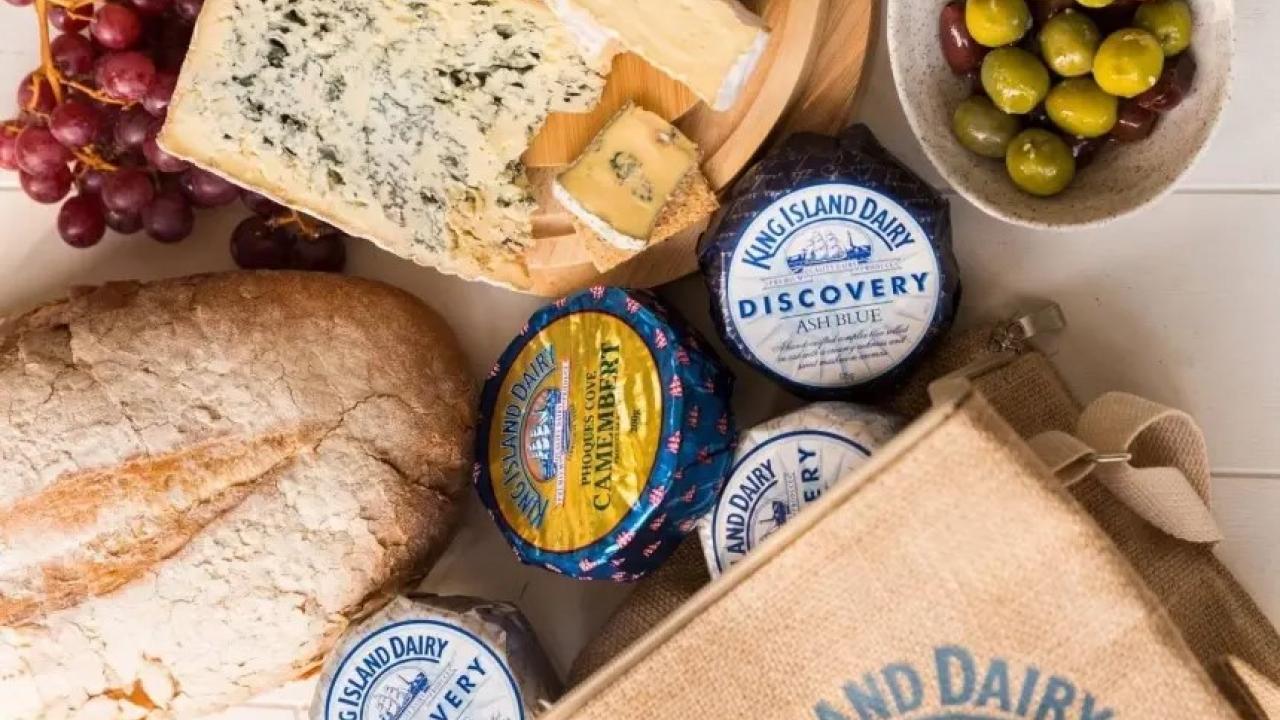Corporate citizen’s test: closure of King Island Dairy threatens community's identity

THE King Island brand is more than just a label on dairy, cheese, or beef; it’s woven into the fabric of the island itself.
Those two words, “King Island,” represent not only the island’s agriculture but is synonymous with its tourism, golfing, fishing and an entire way of life.
The risk isn’t just in a corporation walking away with a brand—it’s in the slow decline of a deeply rooted identity, one that extends far beyond the walls of any factory.
Farmers on King Island have faced relentless challenges.
From the closure of the local abattoir to ongoing shipping issues, the shut-down of the scheelite mine, and the worst drought in 100 years, the island’s agricultural community has been through more than its share of hardships.
Now, the closure of Saputo’s dairy delivers yet another crushing blow to a community already struggling.
While the closure may make sense from a business standpoint, the social and economic repercussions will be devastating.
The dairy directly employs 60 people, and many more depend on it—transporters, farmers, and those servicing the dairies.
These jobs are essential not just for individual livelihoods but for the island’s social fabric.
The loss will erode the community’s confidence, and it could take years to recover.
We have formally written to Saputo, expressing our deep concerns about the closure of the King Island dairy and the potential consequences for the local community.
In our letter, we have highlighted the importance of preserving the King Island brand and ensuring that any sale of the dairy is done as a going concern, with a seamless transition to new ownership It is crucial that if Saputo decides to sell, they do so in a way that protects the King Island brand and keeps the business intact.
A seamless sale would allow new owners to grow the business while preserving the economic and cultural value already built into it.
As the current stewards of the King Island brand, Saputo has a responsibility to either nurture and grow it or hand it over to someone who can. This isn’t just a corporate asset—it’s part of the island’s identity.
Failing to safeguard that would be a throwback to outdated, 1950s-style corporate thinking, which has no place in 2024.
Successful boutique dairy operations across Australia, like Bruny Island Cheese and Pyengana Dairy, prove that small-scale, high-quality production can thrive. King Island can follow this model, offering hope for its future, but only if the right decisions are made now.
This is not just about business; it’s about doing what’s reasonable, equitable, and right for an entire community.

Add new comment